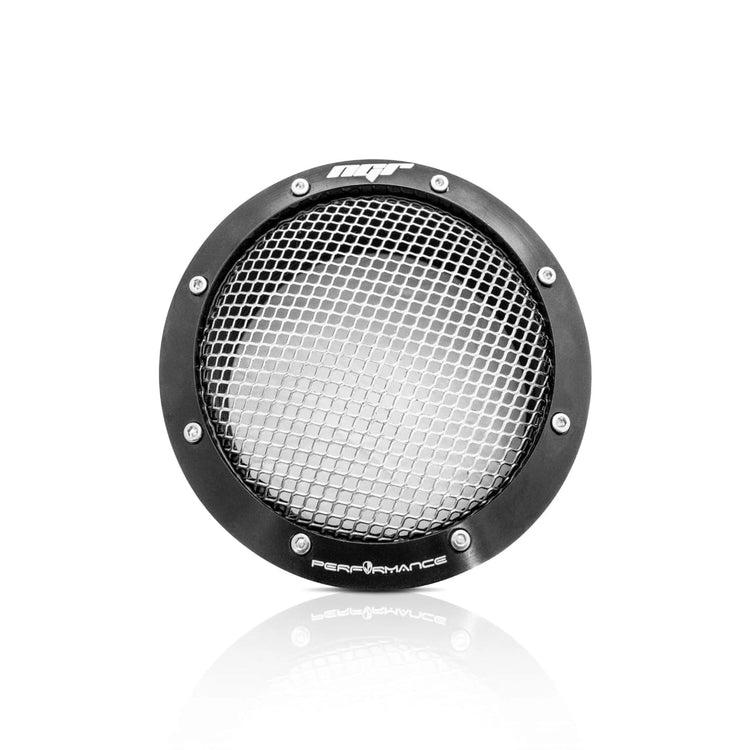- Introduction:
- Understanding Turbocharger Dynamics:
A turbocharger enhances engine power by compressing air before it enters the combustion chamber. The air filter's role is pivotal here, as it prevents contaminants from entering and potentially damaging the turbocharger and engine.
- The NGR Turbo Filter/Turbo Guard: Pros and Cons:
Pros:
Optimized Airflow: Designed for minimal airflow restriction, promoting better engine breathing and performance.Debris Protection: Effectively keeps out larger debris while allowing more air to pass through.
Lightweight and Compact: Ideal for performance vehicles where space and weight are critical.
Customization: Often available in various sizes to better fit specific turbo setups.
Cons:
Less Filtration of Fine Particles: While it stops larger particles, it might not be as effective against finer dust compared to traditional air filters. We recommend using dust covers if turbo is fully exposed to ground or front facing.
Maintenance: May require more frequent cleaning, especially in dusty environments.
- Comparing with Traditional Cone Air Filters:
Traditional cone air filters, known for their high filtration capabilities, offer more comprehensive protection against a wide range of contaminants, including fine dust. However, this can sometimes come at the cost of reduced airflow, potentially impacting performance.
- Key Considerations:
Maintenance and Longevity: Weigh the maintenance needs against the benefits of each filter type.
Engine Protection vs. Performance: Determine your priority between maximum engine protection and performance enhancement.
- Conclusion:
For tailored advice, always consult with a performance specialist or refer to your vehicle's manufacturer recommendations.

